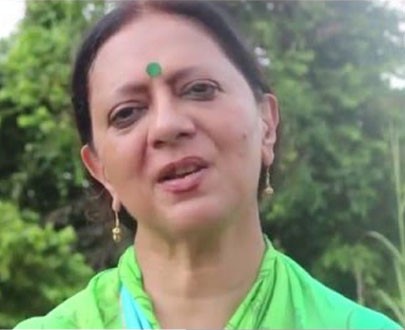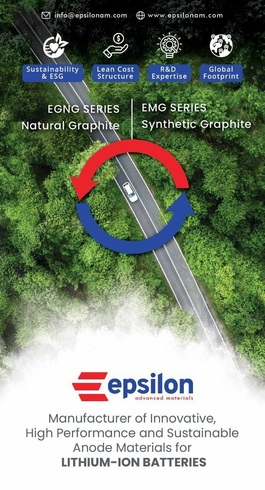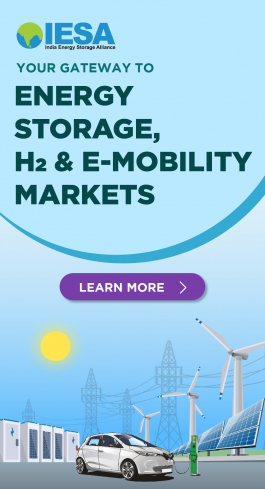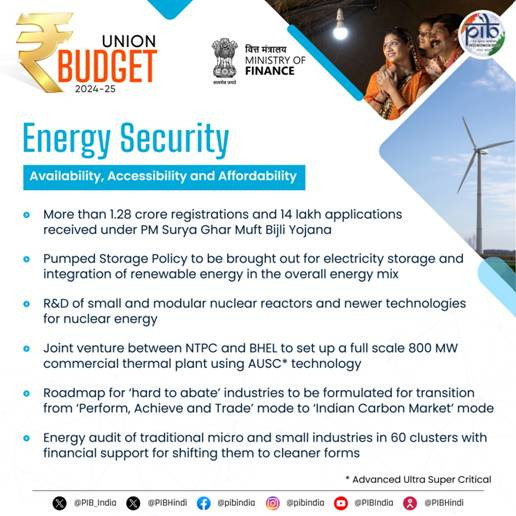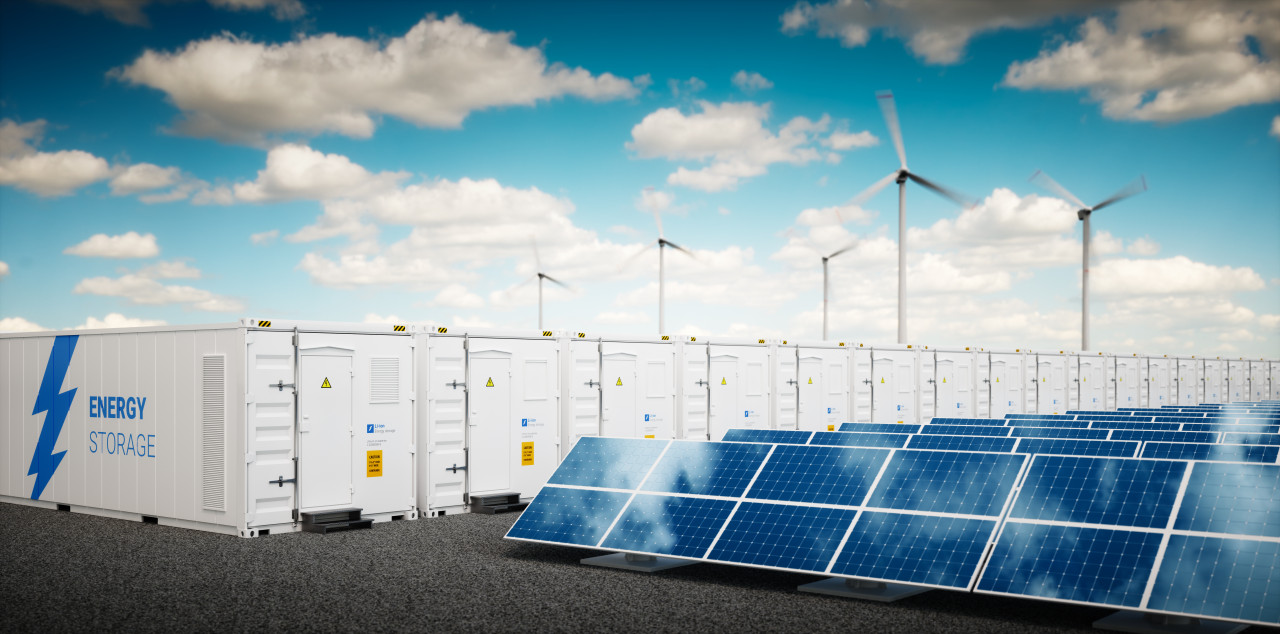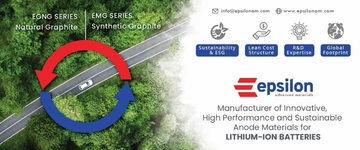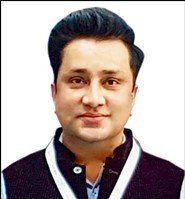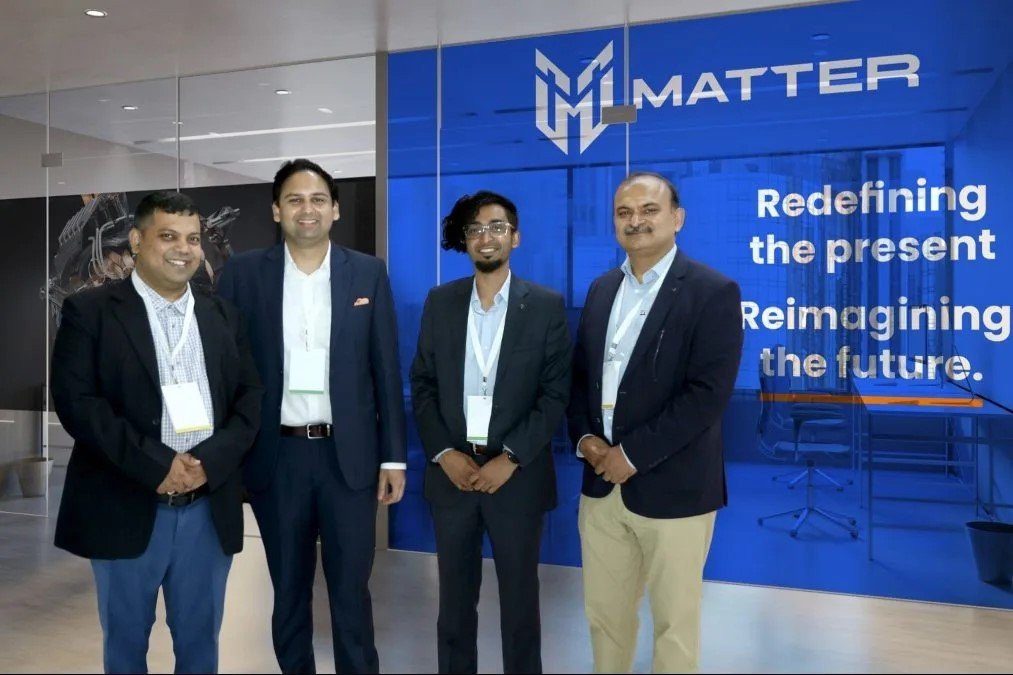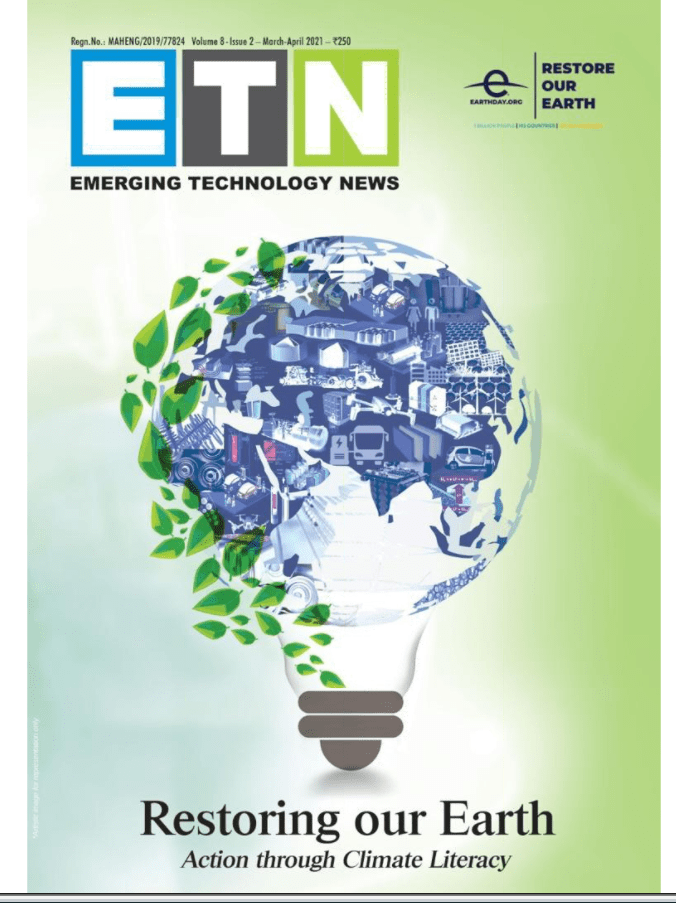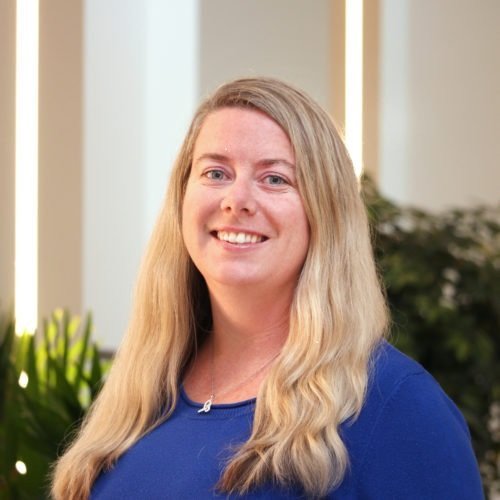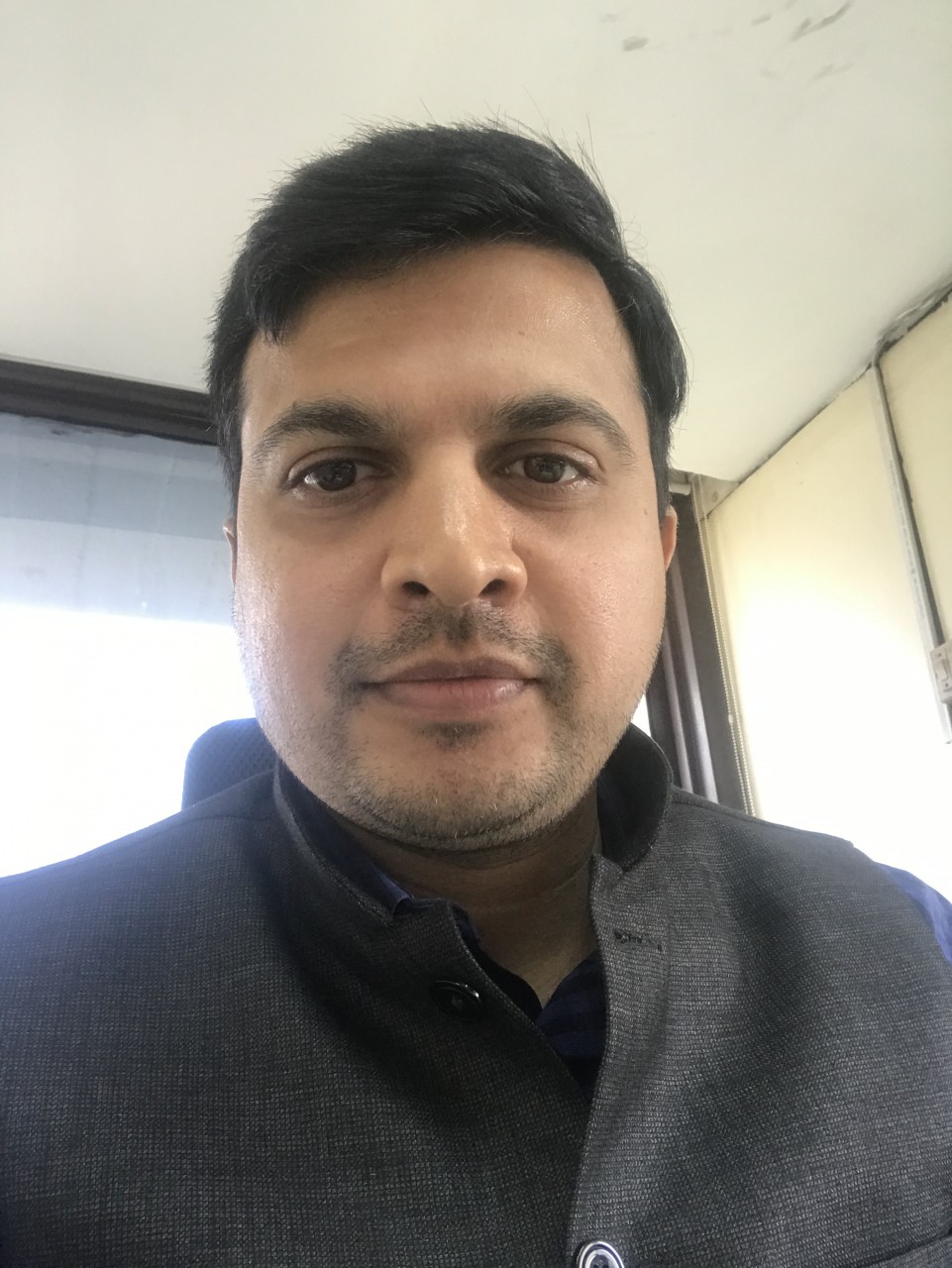The first thing we talk about is awareness. The role that EDN plays is that we bring together providers with those who need the information, we create these platforms and create them in innovative ways: we use theatre, we use folk tradition and other sensitivities of the local region.
Our country has excellent legislation in place for the environment, the problem is on the implementation level and that will really only happen when we go down to the grassroot level and explain the benefits of that legislation to the people. For example, if you tell people that they have to switch to solar energy, it might seem as if it is being forced upon them; but if you tell them that there are government schemes that they could benefit from it, they are most likely to show interest. It is very important to make people aware that there are already schemes in place, like KUSUM and UJAJA that they can benefit from.
When we had gone to Bagli in Madhya Pradesh (State in India), we spoke to panchayat women leaders and we brought to them the understanding of climate change issues and terminology. These are things that the urban spaces are aware of, but those who are in the rural spaces and have the power to legislate may not understand. So, what we did was, we brought to them the providers, like the MD of the Narmada-Jhabua Gramin Bank. He explained the benefits that could come to them if they applied to the schemes, at the same time he understood from them their problems - like not knowing how to fill the forms given to them by the bank. He promised that he would create a cadre of 'sakhis' from their villages, a team of women who are a little more educated, who could understand what has to be done and explain it to the women.
India is not just a country, it's a sub-continent; with so many different languages, cultures, and tribes. Hence, our coordinators in different parts of India are taken from the same region, so it's easier to connect with people on issues close to them.


